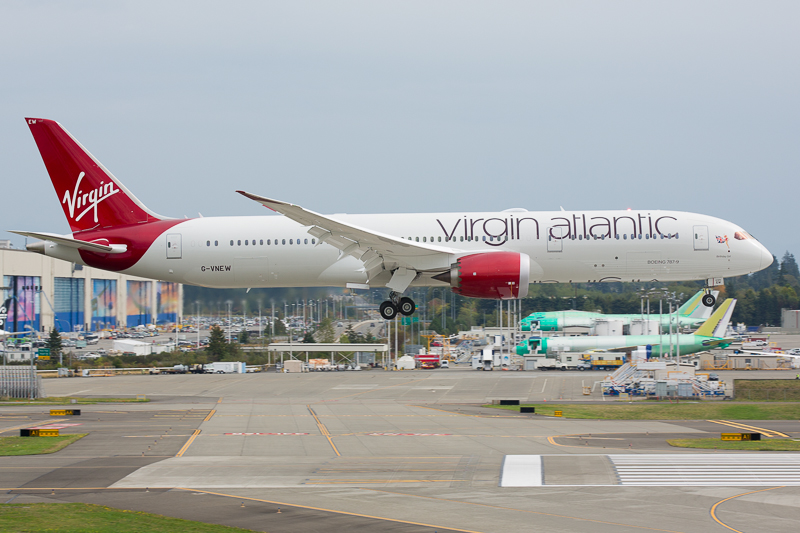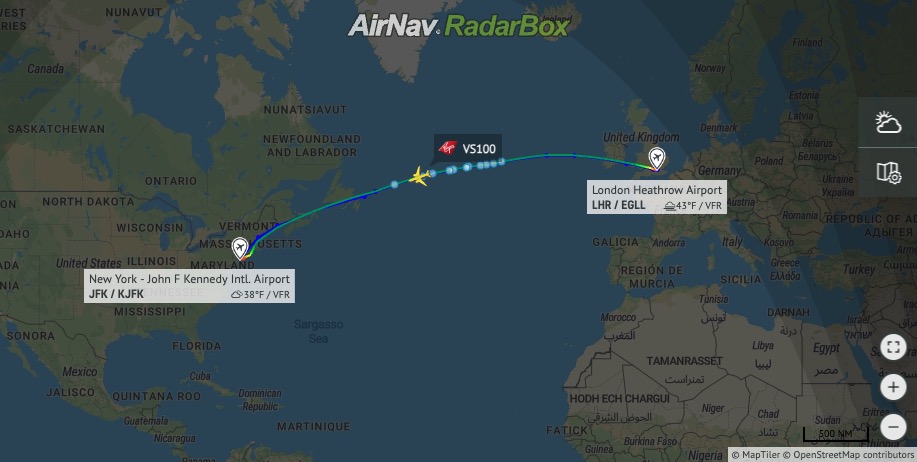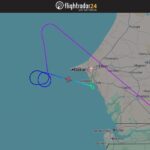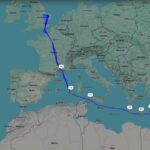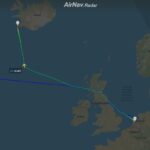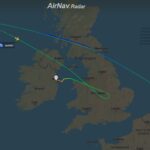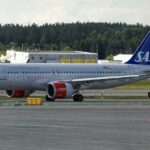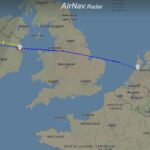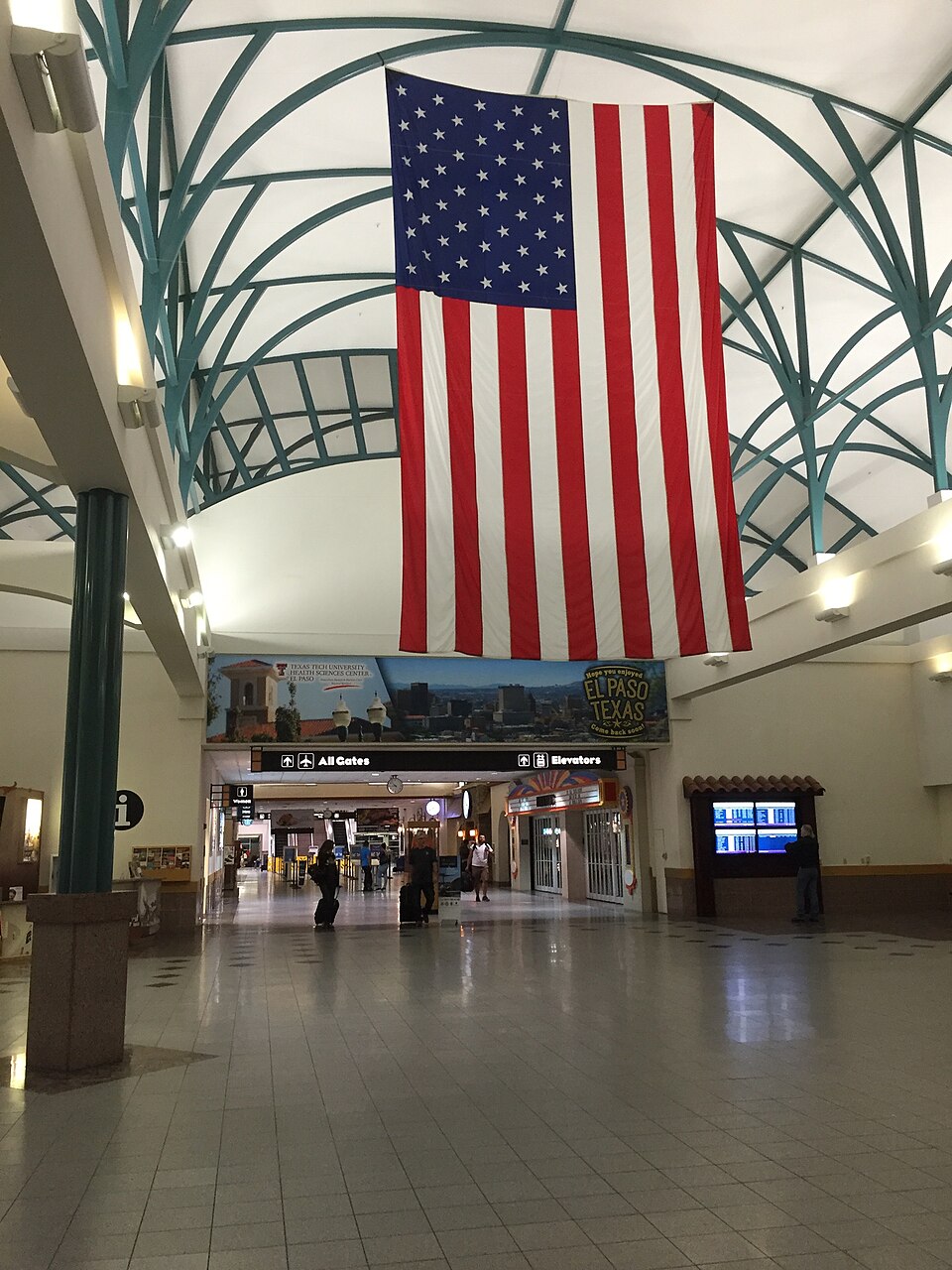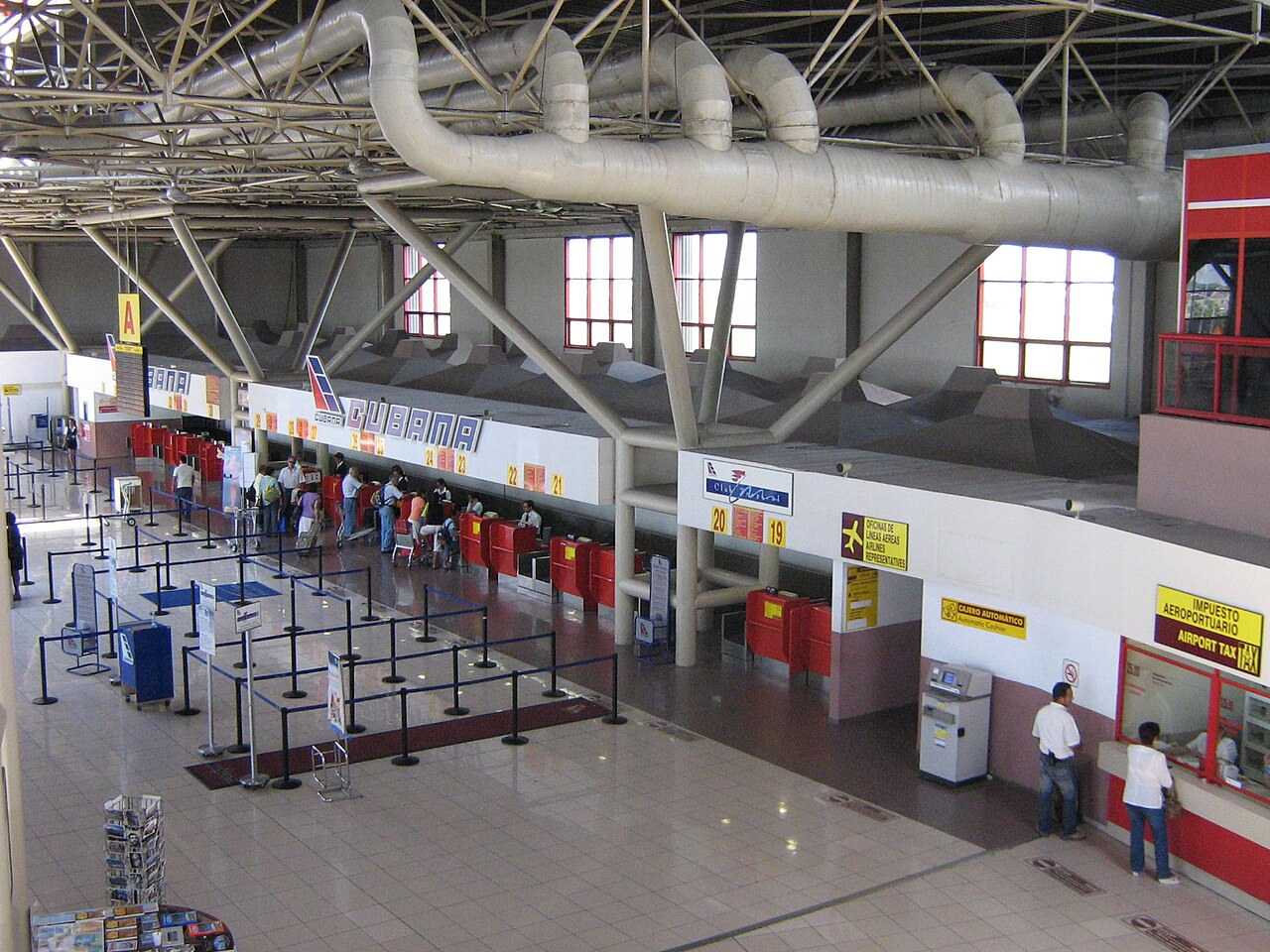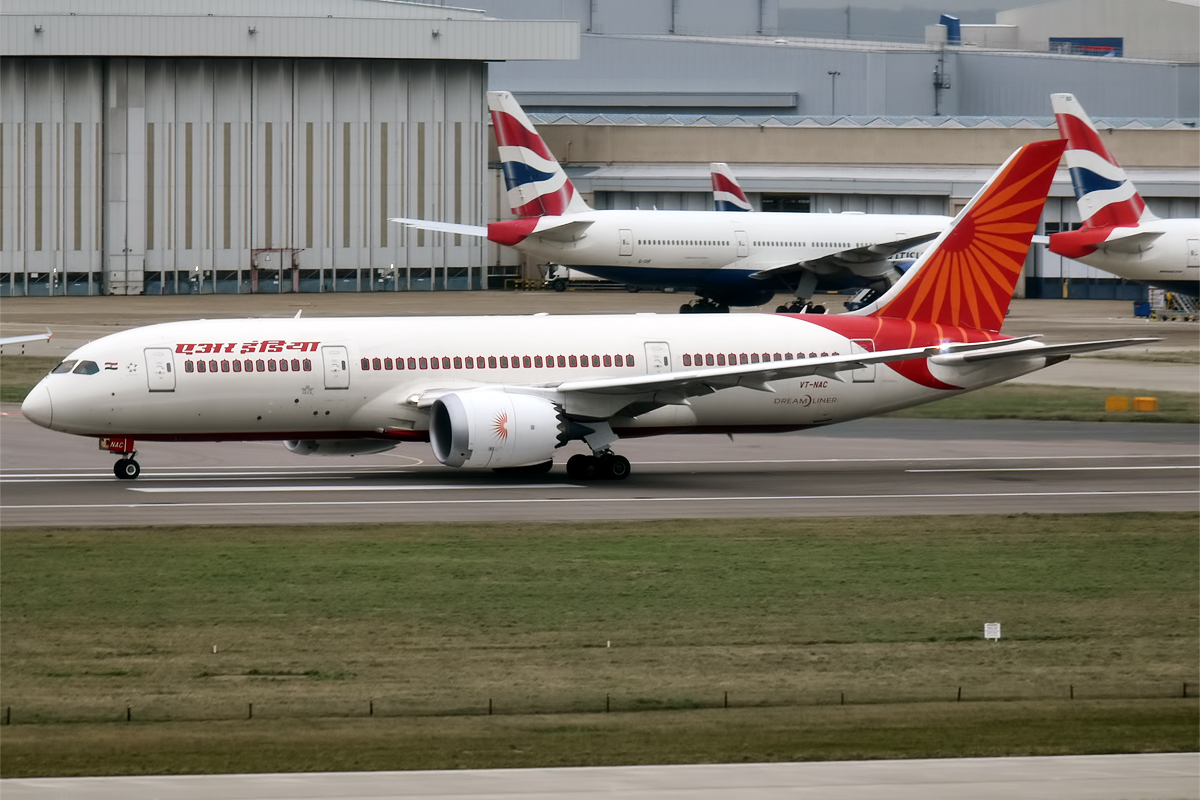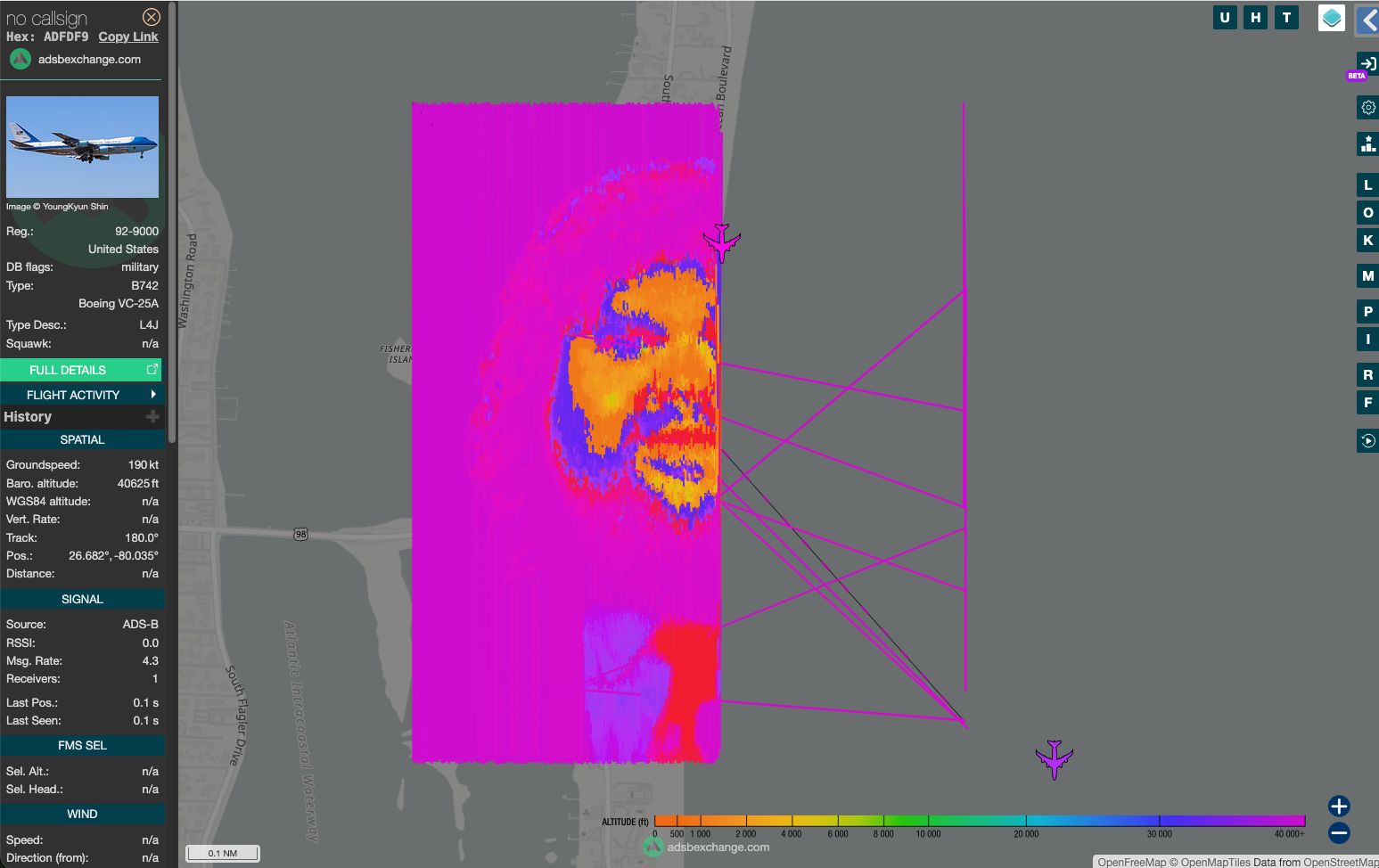The first transatlantic flight by an airliner using pure sustainable aviation fuel (Saf) took off from Heathrow on Tuesday morning.
The Boeing 787-9 took off from London Heathrow runway 27R.
The flight landed at New York JFK 7 hours and 14 minutes later while cruising at 40,000ft.
Virgin founder Sir Richard Branson, Transport Secretary Mark Harper and Virgin Atlantic chief executive Shai Weiss were among the passengers on the flight, which is not carrying fare-paying travellers.
SAF stands for sustainable aviation fuel. It’s produced from sustainable feedstocks and is very similar in its chemistry to traditional fossil jet fuel. Using SAF results in a reduction in carbon emissions compared to the traditional jet fuel it replaces over the lifecycle of the fuel.
Some typical feedstocks used are cooking oil and other non-palm waste oils from animals or plants; solid waste from homes and businesses, such as packaging, paper, textiles, and food scraps that would otherwise go to landfill or incineration. Other potential sources include forestry waste, such as waste wood, and energy crops, including fast growing plants and algae. Air bp’s SAF is currently made from used cooking oil and animal waste fat.
Take-off complete! #VS100 has successfully departed LHR and is now making its way across the Atlantic to New York’s JFK.
Listen to a special message from our ground controllers at @HeathrowAirport to the @VirginAtlantic flight crew and see the moment of take off. 👇 🎧 pic.twitter.com/7ZZEtwT1sY— NATS (@NATS) November 28, 2023
Holly Boyd-Boland, vice president of corporate development at Virgin Atlantic, told Sky News: “This isn’t a zero-emission flight, but it absolutely is demonstrating that we have huge levers out there and huge opportunities to materially bring down the carbon footprint of flight today.”
